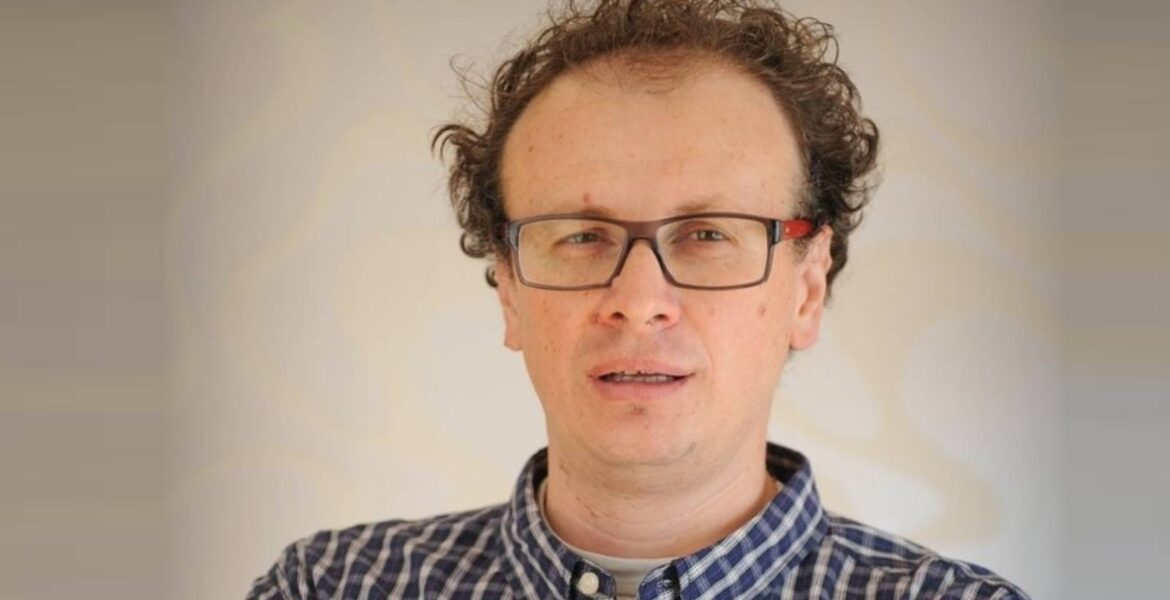The Communist Party tasked a partisan and philosophy professor, Mira Kesić, with the duty of gathering children, war orphans, and establishing orphanages where they would be accommodated.
At the end of World War II, on the territory of the County People’s Committee Banja Luka, which included the County of Banja Luka, Bosanska Gradiška, Bosanska Dubica, Kotor Varoš, Bosanski Novi, Laktaši, Ključ, Mrkonjić Grad, Piskavica, Prijedor, Sanski Most, Prnjavor and Srbac, there was a large number of war orphans. The documents of the County People’s Committee Banja Luka clearly confirm that at the end of March 1946, there were 4,630 children without both parents and 22,000 children without one parent on its territory. A census of war orphans on the territory of the City of Banja Luka was carried out from September until November 1946 with the assistance of anti-fascist organisations and street commissioners. The census encompassed 1423 war orphans.
In less than a year, Mira Kesić and her colleagues established the orphanages ”Edhem Leda Karabegović”, ”Šoša Mažar”, ”Kasim Hadžić”, ”Danko Mitrov”, ”Veselin Masleša” and ”Rada Vranješević” in Banja Luka, ”Novak Pivaš” in Prnjavor, ”Mladen Stojanović” in Prijedor, ”Lepa Kadić” in Bosanska Gradiška, and children’s homes in Jajce, Sanski Most, Bosanska Dubica and Kotor Varoš.
Comrade Mira Kesić is the ”mother” of the largest family in Bosanska Krajina region. She did not give birth to them, but she gathered all these children from homes, protected them, fed them, clothed them, kept them safe, raised, schooled them and made them the people they became later in life. People who one day left the home, got a job, worked, got married, became parents to their children, and in the meantime, many of them have become grandfathers and grandmothers.
And the family of Mira Kesić thus continues to grow.
In spite of such a large family, Mira Kesić has been almost forgotten in Banja Luka. She has been forgotten by the institutions, by politicians and the educational system, since female partisans, female anti-fascists and women in general are easily forgotten today. However, this should not be much of a surprise.
According to the 2013 census, women in Bosnia and Herzegovina constituted 50.94% of the population, and if we go back in the past, we will see that that percentage has always been more or less the same. If you look at a piece of research carried out in the framework of the initiative ”100 Women – 100 Streets Named after Women”, which included an analysis of the names of streets in 12 locations in Bosnia and Herzegovina, you may observe that out of a total of 4076 streets, only 115 (i.e. only 2.82%) were named after women or are related to female activism and experience.
Logically, this raises the following questions:
- Where have women disappeared when it comes to the topography of our locations?
- Is it possible that women have made no contribution whatsoever in the local environments in which they worked and lived?
- Is our society unfair to women, and if it is, what is the reason for that?
Explaining this as a mere consequence of patriarchy means sweeping the problem under the carpet, since the issues are much more complex and dangerous.
- Naming a street after a woman means acknowledging that she is successful, recognised and equal to a man. If that is true, then it is absolutely to be expected that such equality and success should be acknowledged in the present as well. Not declaratively, which is the most frequent case today, but rather by providing them with equal possibilities and chances.
- Naming a street after a woman means accepting a completely different history that is not desirable today. It is a history that celebrates life, rather than death. If you read the Lexicon about Women, you will see that it does not contain many female warriors. This does not reflect a lack of female warriors, but rather the fact that female educational workers, scientists, doctors, artists and humanitarians dominate in the lexicon.
- Naming streets after female partisans means challenging the history that is taught today at schools of Republika Srpska.
- Naming streets after women means accepting different values from those we have today. It means acknowledging the work, knowledge, renunciation and efforts, since today it is very difficult to be a successful woman, and it was even more difficult in the past.
- Naming streets after women means taking women from the privacy of their homes and families and making them social subjects that vote and may be voted.
- Naming streets after women means renouncing the power over them and giving them the possibility to decide on their own about their bodies, their education, families, career, public engagement, in one word – about their lives.
The culture of remembrance is a product of ideology that dominates at a certain moment in the society, which means that it is subject to change. We therefore may not allow that many important women remain forgotten due to the nationalism and patriarchy prevailing today. Mira Kesić is only one of the women who deserve to have a street named after them in Banja Luka, and there is no dilemma whatsoever about it, since she helped more than four thousand children in becoming what they have been dreaming of their whole life – fathers and mothers of their children.




